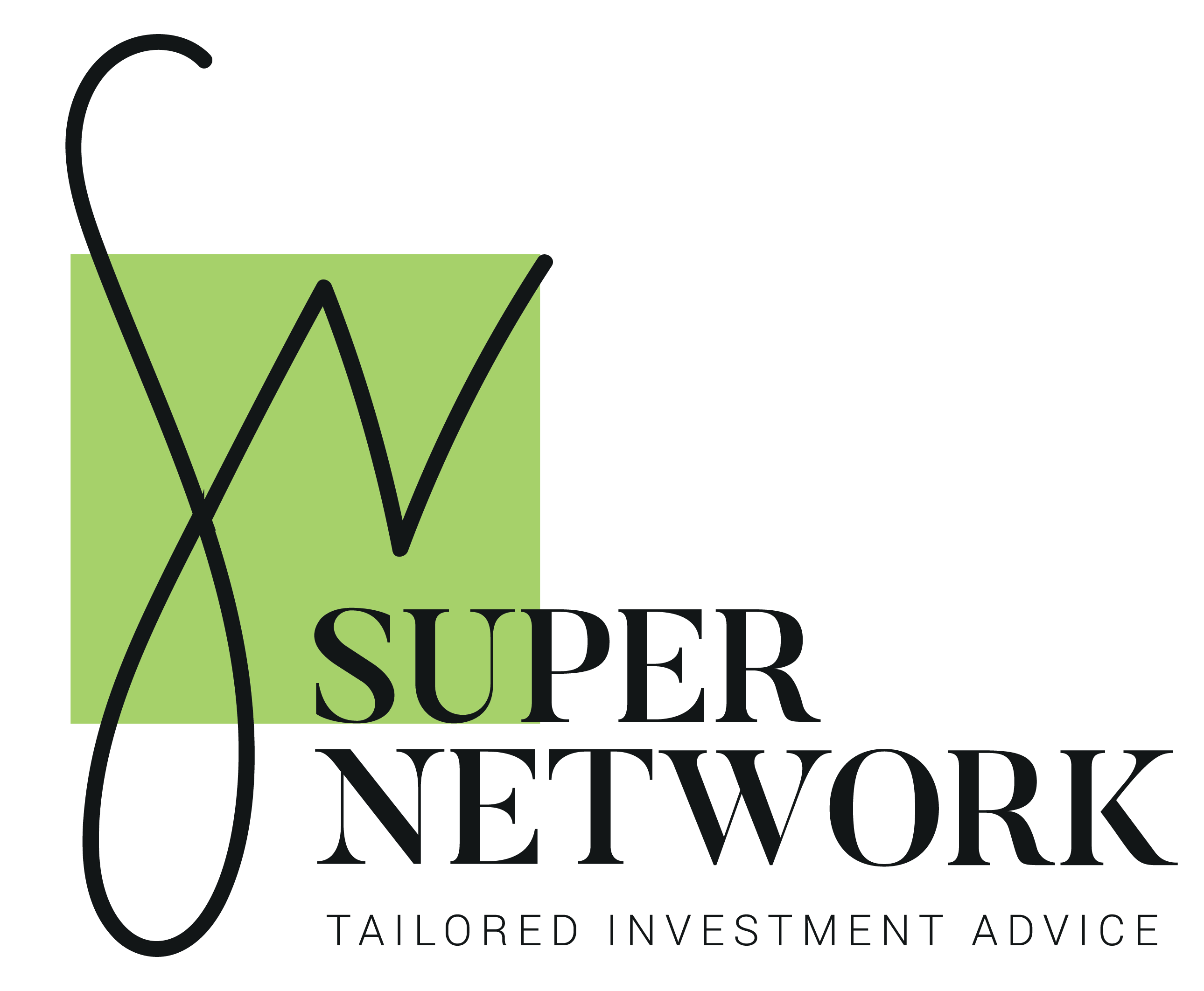How to Ensure Your Superannuation is Working for You
For many people, Superannuation is an afterthought – at best, a little research may be done to choose a preferred provider and then it’s left to look after itself until retirement. Around 80% of Australians holding Superannuation accounts have their money invested with their default provider, using their default options (typically a balanced risk approach that covers a mix of investments). But is this the best way to set yourself up for the future?
The short answer is no. While it is true that Superannuation goes a long way in creating a healthy retirement nest egg – to fully maximise your Superannuation’s potential – it is best to actively create a tailored plan based on your individual needs. For example, someone in their mid-40s may want to consider a higher risk investment with higher return potential, as they would have less time to save for retirement than someone in their mid-20s just starting their career. To ensure your current Super is working appropriately for you, perform a Super Check.
Planning your Super can be a tricky area to navigate, especially as different Superannuation Funds will use different investment paths to grow your Super. At Super Network, our financial advisors plan and deliver customised strategies to suit each client’s unique circumstances and goals. Let’s take a look at the four main areas your Superannuation can be invested, along with the pros and cons of each:
1. Managed Funds Investment
Putting your Superannuation into a managed fund means that your money is pooled together with other investors, to be looked after by a fund manager. Your fund manager will then buy and sell assets such as shares or bonds on your behalf. However, you won’t actually own the investments – you will own ‘units’ in the fund.
The Pros
- Your fund manager is making the decisions for you, meaning you don’t have to spend time researching investment opportunities.
- Your fund manager is a professional in the field and is paid to use his or her knowledge and experience to make the best decisions for you.
- You will have a diverse range of investments, as opposed to a single investment such as an investment property.
- Some funds provide regular income distribution so you may receive monthly, quarterly or yearly payments from any return on investments.
The Cons
- As well as entry and exit fees, there are usually ongoing management fees.
- You have no control over where your money is being invested – this is up to your fund manager to decide.
- Like any investment, there is no guarantee that your money will provide a return.
2. Self-Managed Super Funds (SMSF)
A Self-Managed Super Fund (SMSF) is a private Super Fund that you manage yourself. Your SMSF can have up to four members (family or friends), and you choose where your investment goes.
The Pros
- You have control over how your money is invested.
- Your fund members are people you have connections to and can trust.
- Lower costs than a large fund.
The Cons
- Running a SMSF is a lot of hard work and can be quite time consuming, as it takes constant monitoring to ensure your investments are performing well. There’s also a substantial amount of paperwork that needs to be attended to, especially around tax time.
- You will be responsible for all the legal and financial decision making, and unfortunately, an error in judgement can bring money AND legal woes!
- SMSFs generally do not perform as well as managed funds, meaning your retirement nest egg could be smaller than you hoped for.
- SMSFs are not eligible for government compensation schemes in the event that money is lost for various reasons, including those outside the control of the trustees.
3. Shares
Your SMSF can be used to invest in shares, which, while risky, can also sometimes yield a much higher return on investment than your traditional managed fund. However, purchases must be made on the stock exchange through a broker or online service.
The Pros
- It’s relatively inexpensive to buy shares through your SMSF, with minimal fees.
- Shares can be sold easily, meaning you can liquidate at any time, or should the need arise.
- Depending on the age of your SMSF members, your shares may be exempt from tax.
The Cons
- There are quite a few complex regulations that must be adhered to when purchasing shares through your SMSF.
- The share market can fluctuate wildly, and without proper knowledge, it may be difficult for you to assess what and when to buy or sell for a good return.
4. Property Investment
Property investment has always been considered a relatively safe and stable investment avenue, and with your SMSF not only can you purchase an investment property, but you can also secure lending for the purchase price of the property through your SMSF.
The Pros
- While your personal tax rate can be as high as 46%, you’ll pay a maximum rate of 15% tax on rental income, after expenses, and any capital gains on the disposal of property.
- Once you have retired and started receiving Super payments, you can use that money to purchase your investment property from your Super Fund and live in it.
- Property investment is relatively low risk but can still yield considerable returns.
- Positively geared investment properties can generate additional revenue.
The Cons
- Selling a property can take quite some time, meaning it is not as liquid as shares, which can be sold quickly and easily.
- There are ongoing expenses associated with the maintenance of your investment property.
- The property could end up costing you money if it goes untenanted for a significant period.
Would you like more say in where your Superannuation is invested? Super Network can help you develop a tailored Superannuation investment plan to best meet your needs, and turn your retirement vision into a reality. Gain control and transparency over your Superannuation investments, visit Super Network to learn more.


Leave a Reply